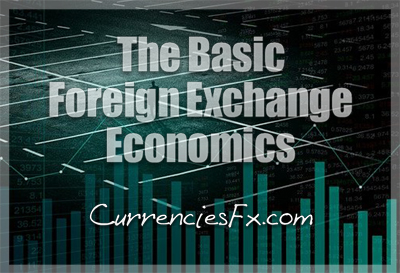Triffin Dilemma (Reserve Currency Paradox)
Robert, Baron Triffin was a Belgian-American economist who was openly against the Bretton Woods monetary system. Triffin dilemma or else Triffin paradox refers to countries whose currencies are used as global reserve currencies, like the United States and the US dollar.
Describing the Triffin Dilemma
Identified in the 1960s, the Triffin dilemma describes a situation where there is a conflict of interest between short-term domestic objectives and long-term international objectives. These are some facts regarding the country that is issuing the global reserve currency:
(1) The need for an extra supply of foreign exchange reserves
The country issuing the global reserve currency must supply other countries with an additional supply of its currency to meet the international demand for foreign exchange reserves.


 US: US interest rate decisions are made by FED 8 times per year
US: US interest rate decisions are made by FED 8 times per year ECB: The European Central Bank meets monthly to decide about its interest rates policy (Between the 10th and the 14th day of each month)
ECB: The European Central Bank meets monthly to decide about its interest rates policy (Between the 10th and the 14th day of each month)